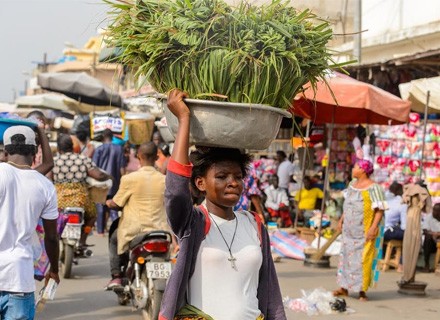As the world slowly gets back to its old rhythm,the Nigerian economy will grow between 2.5 percent and 3 percent this year, according to Central Bank Governor Godwin Emefiele. This announcement comes after lockdown measures were eased and vaccination was increased, leading to a boost in travel and tourism.
In 2020, Africa’s largest economy contracted because of the Covid-19 pandemic though in the fourth quarter it managed to exit its recession, a second time since 2016, and growth has now increased for three consecutive quarters. Additionally, the economy expanded by 5 percent in the second quarter of this year.
Emefiele, in a banking conference said, “With continued improvements in the economy, I am optimistic … we would end the year with an annual GDP growth of between 2.5–3.0 percent. Notwithstanding the positive news … I would admit that growth remains fragile. We are not out of the woods yet, given the challenges in combating the Covid-19 pandemic.”
For a while now, Nigeria has been crippled by low growth even before Covid-19 pandemic hit. The pandemic triggered a recession and created large financing gaps, including dollar shortages and inflation.
During the third wave of the pandemic, Nigeria started the second phase of vaccinating its 200 million citizens after it received a donation of 4 million doses of the Moderna vaccine from the U.S. government.
In June, the World Bank announced Nigeria is lagging behind in sub-Saharan growth, and it’s being made worse due to food inflation, heightened insecurity and stalled reforms slowing growth and increasing poverty.

